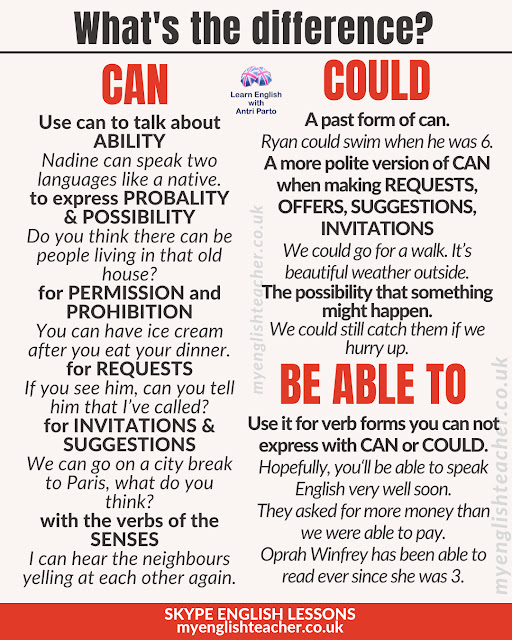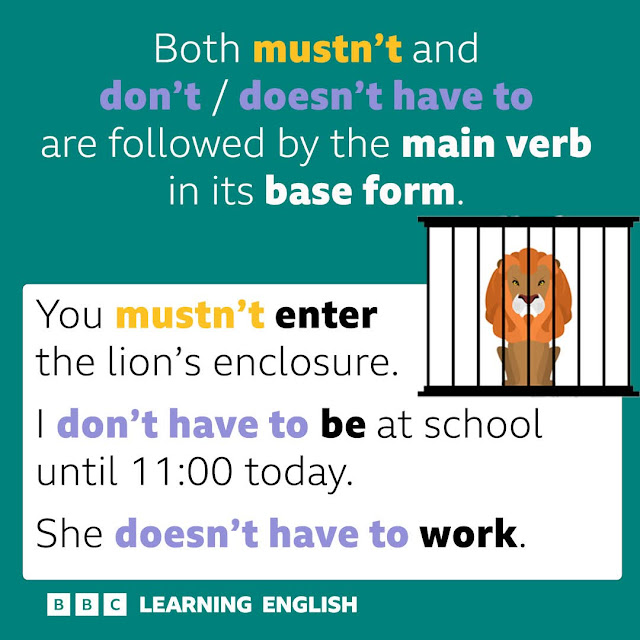HAVE is a verb that has some peculiarities:
1 - It's the auxiliary verb in perfect tenses:
I have been living here for 20 years.
She hasn't been to the United States.
Have you ever been abroad?
In these cases it's the auxiliary verb to make negatives and questions.
2- In the present tense and to express possesion, relationships or illnesses, we can use HAVE, as any other verb or HAVE GOT. So we can either say:
I have a car or I've (have) got a car.
She doesn't have or She hasn't got a car.
[See image above for more examples]
3- In the rest of cases, HAVE is like any other average English verb, to make negative and questions you must use the appropriate auxiliary verb.
I always have breakfast at 7, but she doesn't have breakfast.
You don't have to come home early.
Did you have a bike when you were young?
They didn't have a party last Saturday.




























































